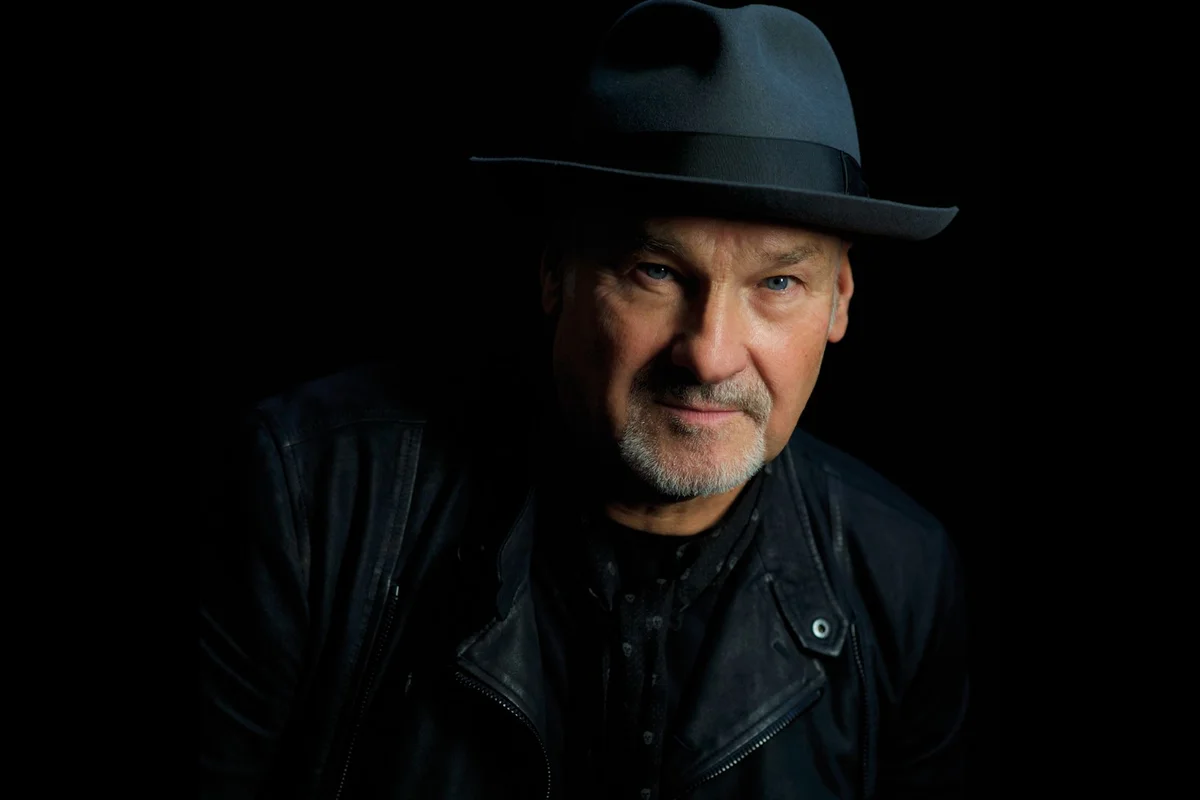
Paul Carrack
Sunday, May 3, 2026
19:00:00
, Manchester
The Bridgewater Hall stands as a beacon of musical excellence in the heart of Manchester, a city renowned for its vibrant cultural tapestry and rich musical heritage. More than just a venue, it is an architectural marvel and a sanctuary for sound, drawing world-class orchestras, pioneering contemporary artists, and discerning audiences from across the globe. Its defining characteristic, the breathtakingly pure and enveloping acoustic environment, transforms every performance into an immersive and unforgettable experience. This is not merely a place to hear music; it is a place to feel it resonate through your very being, a testament to meticulous design and a profound respect for the art form.
The genesis of The Bridgewater Hall is intrinsically linked to Manchester’s desire for a state-of-the-art facility capable of hosting the city’s burgeoning orchestral scene and attracting major international artists. Following the devastating fire that destroyed Manchester’s Free Trade Hall in 1974, a venue that had long served as the principal home for the Hallé Orchestra, the need for a new, dedicated concert hall became paramount. This tragedy, however, catalysed an opportunity for a groundbreaking architectural and acoustic endeavour.
The site chosen for the new hall was a former… The vision was to create a building that not only housed a magnificent concert hall but also served as a public space, a landmark that celebrated both its musical purpose and its civic role. The design brief was ambitious: to achieve acoustical perfection. This led to the appointment of the renowned architectural and acoustic consultancy firm, Artec Consultants Inc., led by the visionary Dr. Christopher Jaffe. Their mandate was to create an acoustic environment that would rival the world’s greatest concert halls, offering clarity, warmth, and a natural reverberation that would enhance every note. The hall’s construction was a significant undertaking, involving innovative engineering and a deep understanding of how sound behaves. The resultant ‘shoebox’ design, with its precise dimensions and carefully selected materials, became the cornerstone of its acoustic superiority, a testament to an often-overlooked aspect of its architectural origins: the pursuit of sonic purity above all else.
The Bridgewater Hall officially opened its doors on September 11, 1996, with a series of opening concerts that immediately showcased its unparalleled acoustic capabilities. The Hallé Orchestra, now with its permanent new home, performed alongside the BBC Philharmonic Orchestra and the Manchester Camerata, immediately cementing the venue’s status as a premier destination for classical music. Beyond its orchestral roots, the Hall rapidly diversified its programming, embracing a vast spectrum of genres and audiences.
Its role in the local ecosystem has been transformative. While Manchester boasts legendary live music venues like the Manchester Apollo (known for its grand, theatrical setting and capacity for diverse rock and pop acts) and the o2 Ritz (a beloved, historic venue steeped in the city's indie and alternative music history), The Bridgewater Hall carved a distinct niche. It offered a sophisticated, acoustically superior alternative, a place where the nuances of a symphony orchestra or a delicate jazz performance could be appreciated without compromise. It provided a vital platform for artists who might not fit the mould of a larger arena or a more intimate club, bridging gaps and enriching the city’s musical landscape. This unique position, dedicated to sonic excellence and a broad yet discerning programme, has been crucial to its enduring appeal.
The Bridgewater Hall’s USP – its exceptional, world-class acoustic design – has been the silent partner in countless unforgettable performances. This is a venue where the very air seems to hum with potential, and where the subtle intricacies of sound are amplified, allowing artists and audiences to connect on a profound level. The hall’s acoustic signature ensures that every performance, from the most delicate pianissimo of a string quartet to the thunderous crescendo of a full orchestra, is rendered with breathtaking clarity and depth.
Here are just a few of the iconic performances that have graced The Bridgewater Hall’s stage, each amplified and enhanced by its extraordinary acoustics:
The nearest train station is Manchester Piccadilly, which is a major hub for national rail services. From Piccadilly, it’s a pleasant 10-15 minute walk to The Bridgewater Hall. Simply follow signs for the city centre and then towards the Bridgewater Hall complex. Manchester Oxford Road station is also within walking distance (approx. 15-20 minutes).
Numerous bus routes serve the city centre. The nearest bus stops are located on Deansgate and Peter Street, both a short walk from the venue. For specific route information, it is advisable to check the Transport for Greater Manchester (TfGM) website.
The Bridgewater Hall is situated in the city centre. Please note that the area is subject to congestion charges at certain times.
Parking: There are several car park options nearby:
The Bridgewater Hall is committed to providing an inclusive and accessible experience for all visitors.
The Bridgewater Hall has a seating capacity of approximately 2,300.
You can reach The Bridgewater Hall by train to Manchester Piccadilly or Oxford Road stations, followed by a short walk, or by numerous bus routes that stop in the city centre, with stops on Deansgate and Peter Street being the closest.
Yes, The Bridgewater Hall is fully wheelchair accessible, offering step-free access to all areas, including the auditorium, lifts, and accessible toilet facilities.
Doors typically open 30-60 minutes before the advertised start time of a performance. It is advisable to check the specific event details for exact timings.
Convenient parking is available at Q-Park First Street (M15 4FN), Spinningfields Car Park (M3 3JE), and Manchester Central Convention Centre Car Park (M2 3GX).
Location
, Manchester